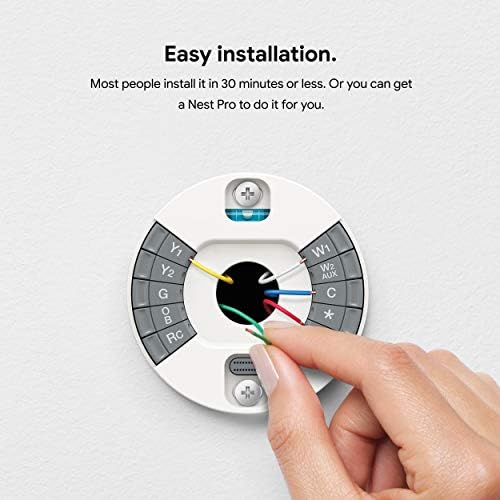

# Google to End Support for 1st and 2nd Generation Nest Learning Thermostats
In a noteworthy development for users of its smart home devices, Google has revealed its intention to discontinue support for the 1st and 2nd generation Nest Learning Thermostats by the end of this year. This action, effective from October 25, 2025, signifies the conclusion of an era for these early models, which have been operational since their original introduction in 2011 and 2012, respectively. To address this change, Google is providing upgrade discounts to current owners, aiming to facilitate the transition to more modern models.
## Overview of Nest Learning Thermostats
The Nest Learning Thermostat transformed the landscape of home climate control upon its debut. Featuring an elegant design and intelligent technology, it enabled users to manage their home’s temperature from afar, adapt to their routines, and enhance energy efficiency. The 2nd generation, launched shortly following the first, introduced improvements such as a bigger screen and better energy conservation. However, as technology has progressed, Google has encountered increasing difficulties in delivering software updates for these older devices due to their antiquated hardware.
## Key Changes Ahead
Beginning on the announced date, the following models will no longer receive software updates:
– **Nest Learning Thermostat (1st gen, 2011)**
– **Nest Learning Thermostat (2nd gen, 2012)**
– **Nest Learning Thermostat (2nd gen, European version, 2014)**
These earlier models are equipped with 1.8-inch screens, considerably smaller than the 3.25-inch displays on the 3rd generation models. Users can check their device model using the Nest app.
### Effects on Users
Although users will still be able to manipulate the temperature, modes, schedules, and preferences directly on the thermostat itself, the end of software support means that remote control functionalities via the Nest and Home apps, as well as voice commands through Google Assistant, will no longer be operational. Furthermore, features like Home/Away Assist, which optimize energy usage based on occupant presence, will also become inactive.
Despite these restrictions, existing schedules and settings established in the Nest App will continue to function, and users can still adjust them directly on the device.
## Upgrade Discounts
To support users in migrating to newer technology, Google is providing significant discounts for those affected. In the United States, users can benefit from a **$130 discount** on the purchase of a **4th generation Nest Learning Thermostat**, which is priced at $279.99. Canadian customers can enjoy a **$160 discount** off the MSRP of $379.99. In Europe, the offer encompasses a **50% discount** on the Tado Smart Thermostat X – Starter Kit, which is compatible with Google Home.
Google intends to share additional details via emails to impacted users, ensuring they remain well-informed about the transition process.
## Future of Nest Thermostats
While the older models will no longer receive updates, Google has assured that support for other Nest thermostat models will remain unchanged. Additionally, the company plans to upgrade the Google Home app later this year, allowing users of the latest models to establish and modify schedules more easily.
It is important to mention that Google will also halt the launch of new Nest thermostats in Europe, signaling a shift in its product strategy for that region.
## Conclusion
As Google phases out support for the 1st and 2nd generation Nest Learning Thermostats, users are encouraged to contemplate upgrading to newer models to retain access to the latest features and remote control options. With the available discounts, upgrading to a more advanced thermostat can be an economical choice for those looking to enhance their smart home experience.